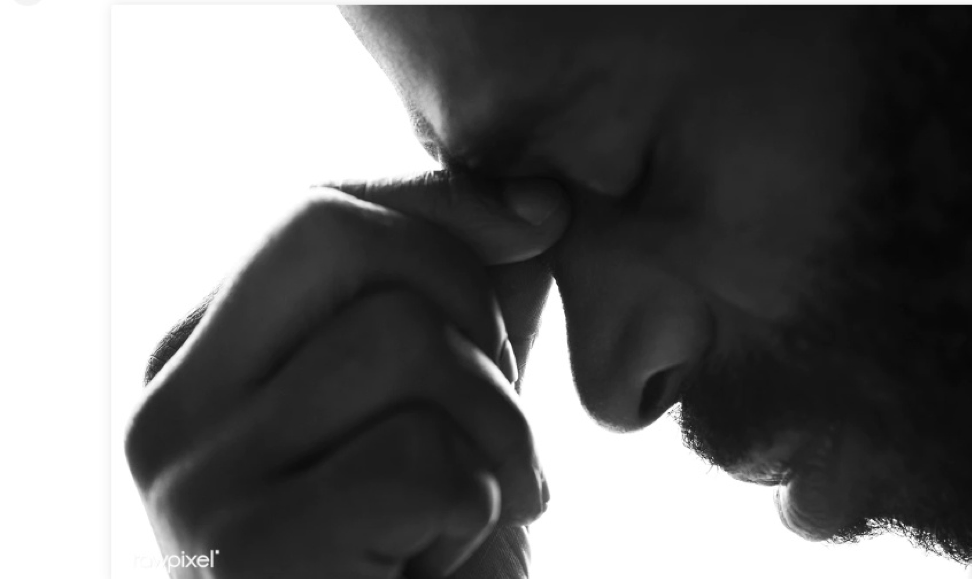Misophonia is a disorder that is common in 20% population of the world. Misophonia means that you hate certain kinds of sounds and noises. These sounds might want to make you respond in unreasonable ways. The sounds are usually very soft, and they are from your everyday life, but they still may annoy you.

(Source)
If you ask a person with misophonia about sounds that annoy them, they will likely tell you that nails scratching a chalkboard, constant beeping sounds from equipment, the clicking of a pen, etc all get on their nerves.
Classification
DSM 4 and ICD10 do not recognize the disorder anywhere in their guidebooks. Even though many people think of the disorder as a psychiatric issue or a hearing issue, but these respective guidebooks do not highlight the disorder, even though 20% of the population may suffer silently.
Some researchers say that the disorder can be some anxiety disorder, a form of sound and emotion synesthesia. And some also classify it as a form of OCD. Some researches even refer to it as a milder form of autism. Some findings of the disorder do not point toward a particular conclusion.
Types of Misophonia
Misophonia has various types and intensities. All cases vary from one another. You might have a severe type of misophonia in which you might react to the sound in a very aggressive while developing negative though. Or you might have a milder form of misophonia in which you might react to it with annoyance.
If you are in the 80% of the misophonia patients, then you might notice that sounds that come from the mouth can serve as a trigger. Sounds like chewing, munching, slurping, snoring, or whistling. You might react to it with annoyance or in a violent way.
Another form of misophonia is when you react to sound that comes from physical objects or a prevalent everyday sound, sounds like keyboard typing, mashing, the clock ticking, or chair squeaking. If you have this type of misophonia, you might react to the sound violently, and this is the type of misophonia which might be a cause of a mental struggle.
Phonophobia is a very severe form of misophonia. In this disorder, you might develop fear in response to the respective sound. You might develop this when you’re young, in response to a traumatic incident that left a lasting impression.
Medications for Misophonia
When it comes to misophonia, it is not a disease that the health care providers treat it with medications. Most health care providers suggest some kinds of long term treatments and exercises over the disorder.
Many healthcare providers will try to treat you with cognitive behavioral therapy in which they will try to alter your negative thoughts. They try to recondition your brain by replacing the sound response with some other mild response. The other treatment for misophonia is tinnitus retraining therapy. In this therapy, the health providers will teach you to tolerate the trigger.
But if you are not satisfied by the therapies the provider with suggesting you medications like Lyrica, it is coming across as an effective medicine for misophonia. They might also recommend you Klonopin, which is relatively less effective.
Experts began resorting to medications in recent times to treat misophonia based on its symptoms that matched other disorders, and this is why medications for combating depression, anxiety, etc. are among their top choices. So, it is no big surprise that medications that treat depression and anxiety are part of the subscription for treating misophonia.
Medications like fluoxetine and escitalopram that treat anxiety and depression can also treat misophonia. Dextroamphetamine and amphetamine can help with managing ADHD symptoms. And these medications tend to be a good match for treating misophonia.
Some bipolar disorder medications, like lamotrigine and divalproex sodium, also prove to be effective too. Moreover, experts believe that vitamins, minerals, and fish oil, and a few other dietary supplements can help ease misophonia.

(Source)
Final Thoughts
Misophonia is a common disorder. Many people have some degree of it. You can lower the effects of misophonia with certain types of medications and treatments. Many people say that it is a mental disorder, and some call it a hearing disorder. But the DSM and ICD do not recognize them in their guidebooks a disorder.
For more information or to schedule an online consultation, call misophonia specialist Stephen Katz today:
